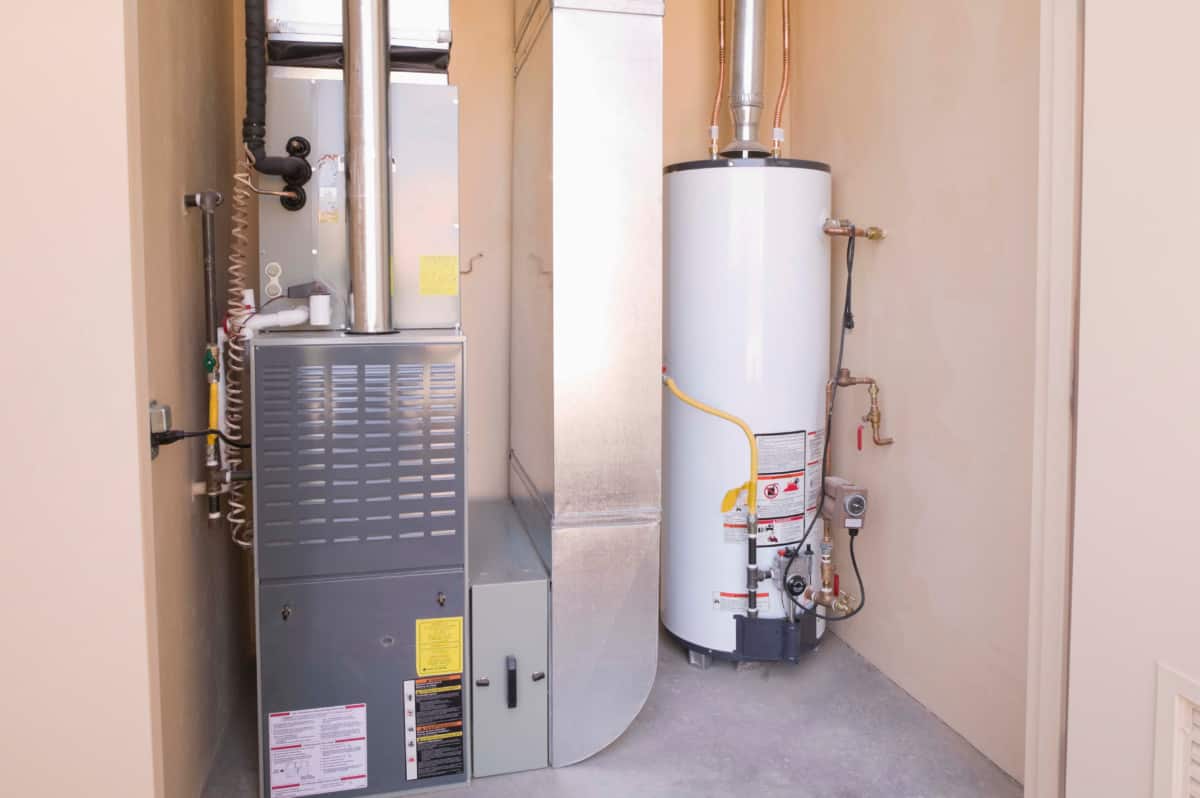Dealing with the Frequently Encountered Water Heater Emergencies
Dealing with the Frequently Encountered Water Heater Emergencies
Blog Article
Just how do you feel in regards to Warning Signs You Need Water Heater Repairs?

A hot water heater is among one of the most crucial basic appliances that can be found in a home. With water heaters, you do not need to undergo the stress and anxiety of heating water by hand each time there is a demand to wash, do the laundry, or the dishes. There is always an opportunity that your water heater would certainly act up as with the majority of mechanical devices.
It is necessary to keep in mind any kind of little malfunction and tackle it rapidly before points leave hand. The majority of times, your water heater starts to malfunction when there is a build-up of sediments as a result of constant use. As a safety measure, routine flushing of your water heater is recommended to prevent sediment build-up and prevent practical failure.
Usual hot water heater emergencies and just how to handle them
Dripping hot water heater container.
In this situation, you must turn off your water heating unit, allow it to cool down, as well as carefully look for the resource of the trouble. At times, all you require to do is to tighten a couple of screws or pipeline links in situations of small leakages. If this doesn't work and also the leakage continues, you may require to utilize the services of a specialist for an appropriate replacement.
Rising and fall water temperature.
Your water heater can start producing water of various temperatures normally ice chilly or hot hot. There could be a requirement to replace either the heating or the thermostat device of your water heating unit.
Too little warm water
It might be that the water heater can not sustain the warm water demand for your apartment or condo. You might upgrade your water heater to one with a bigger ability.
Blemished or smelly water
When this occurs, you need to know if the problem is from the water or the storage tank source. If there is no amusing odor when you run cool water, after that you are particular that it is your water heating system that is malfunctioning. The smelly water can be created by rust or the buildup of germs or sediments in the water heater container.
Conclusion
Some house owners ignore little warning and also minor faults in their hot water heater system. This only results in additional damages as well as a possible total breakdown of your appliance. You ought to deal with your water heater mistakes as soon as they come near stay clear of more costs and also unneeded emergency troubles.
With water heating systems, you do not require to go through the anxiety of home heating water manually every time there is a requirement to take a bath, do the washing, or the dishes. Your water heater could begin creating water of different temperature levels normally ice hot or chilly warm. It might be that the water heating system can not support the hot water demand for your home. If there is no funny scent when you run cold water, then you are certain that it is your water heating system that is malfunctioning. The stinky water can be triggered by rust or the accumulation of bacteria or sediments in the water heating system tank.
Common Water Heater Issues and What You Should Do
What Type of Water Heater Do You Have?
Before we begin it’s first important that you identify the type of water heater you have on your property. There are two main types of water heaters out there: conventional and high efficiency.
Both of these types of products typically use either gas or electricity to heat power. There are also solar water heaters that use a thermal collector on the roof or yard to heat the water.
While these models are not as common, they can cut heating costs in half. In this article, we will focus on conventional and high efficiency.
How Do My Electric and Gas Water Heater Work?
Though they look similar, electric and gas water heaters work very differently. It’s important to know their basic function because often problems can be specific to the heating source.
In the electric model, a thermostat on the side of the machine detects the temperature of the water in the tank. When the temperature needs to rise electricity flows to a heating element suspended in the water.
Gas models also use a thermostat device — typically with a mercury sensor at the tip and an additional sensor called a thermocouple. The thermocouple detects whether the pilot light is on and controls the flow of gas.
When the thermostat drops below the appropriate level gas is released which becomes ignited by the pilot light. The flame heats the bottom of the water tank which causes hot water to rise and cold water to drop.
This natural circulation continues until the water reaches the desired temperature. Then, the thermostat triggers the gas control valve to shut off the flow of gas.
What Are the Most Common Issues and How Do You Fix Them?
https://happyhiller.com/blog/common-water-heater-issues-and-what-you-should-do/

As an avid reader about Warning Signs You Need Water Heater Repairs, I was thinking sharing that short article was important. Don't hesitate to take the opportunity to share this blog posting if you appreciated it. We recognize the value of reading our article about Is Your Water Heater Leaking?.
Your solution? Just a ring. Report this page